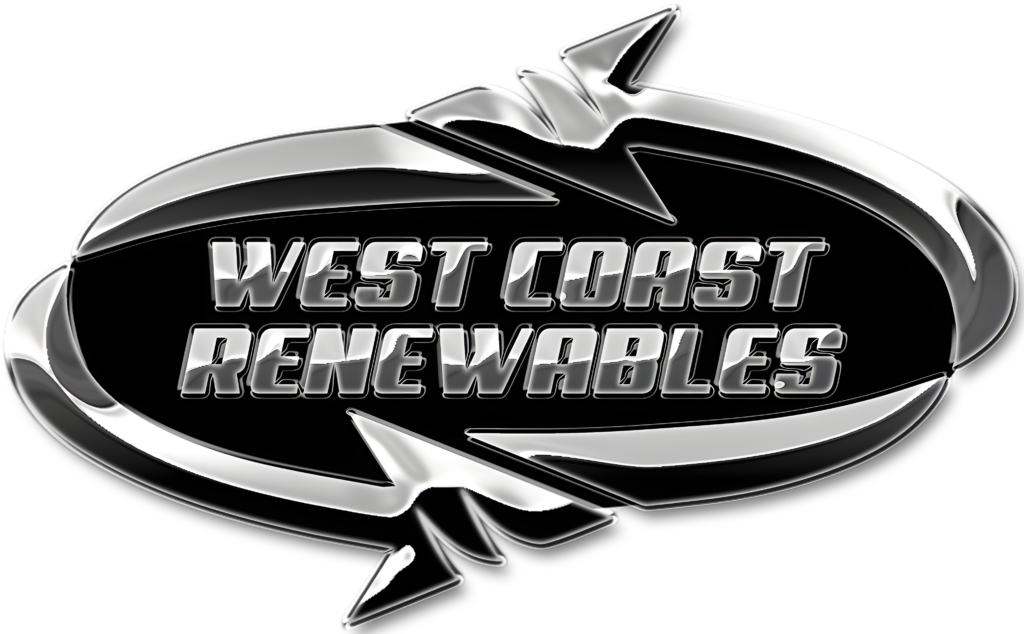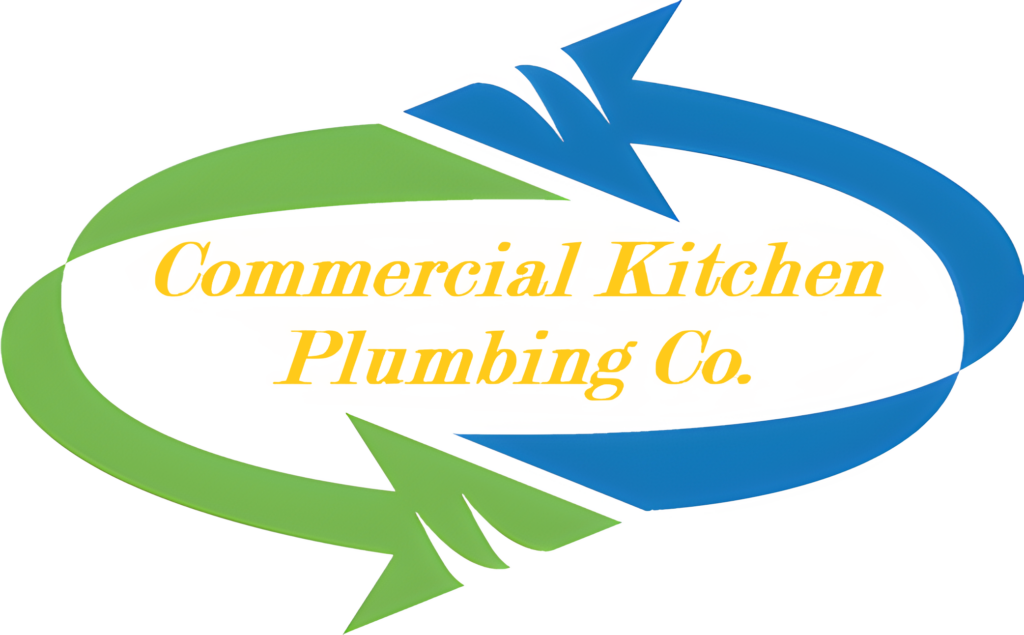MUNICIPAL FOG REGULATIONS (use existing content)
- SEATTLE FOG REGULATIONS
The City of Seattle has long been a major proponent of promoting environmentally conscious practices and habits amongst both its citizens and businesses. This is especially true in regards to the amount of fats, oils, and grease (FOG) discharged with wastewater in commercial kitchens.
SEATTLE FOG REGULATIONS
The City of Seattle has long been a major proponent of promoting environmentally conscious practices and habits amongst both its citizens and businesses. This is especially true in regards to the amount of fats, oils, and grease (FOG) discharged with wastewater in commercial kitchens. Since 1968, Seattle has implemented stringent regulations regarding the management of FOG to minimize its impact on both the environment and local sewer systems. Understanding the requirements put in place by Seattle’s Municipal Code is imperative to keeping your kitchen open and operational.
Mandatory Grease Trap Installation
According to Seattle Municipal Code, the discharge of wastewater containing 100 parts per million of FOG is expressly prohibited (SMC 21.16.300 A. 2). Your business is considered to be in violation if there is visual evidence of an accumulation of FOG originating from your business’s sewer line (SMC 21.16.300 B). To minimize the discharge of excess FOG, Seattle Municipal Code requires the installation and maintenance of grease traps in all commercial kitchens (SMC 21.16.310 A).
Regular Grease Trap Maintenance
In the City of Seattle, it is a requirement that your grease trap receive regular maintenance and be fully operational at all times. Failure to do so will result in penalty fees and, depending on the severity of the situation, could result in your business being indefinitely shut down. As such, Seattle has adopted the 25% Rule as the standard for determining the efficiency of your grease trap (SMC 21.16.310 B). This rule mandates that the amount of FOG in a grease trap’s tank must never exceed 25% of the tank’s capacity. If the tank has reached or exceeded this limit, it must be cleaned out.
Since 2011, West Coast Grease Traps has been providing grease trap repair and maintenance solutions for the businesses of Seattle. Our services are custom-tailored to meet both the needs of our customers, as well as the requirements of the Seattle Municipal Code to ensure your kitchen and grease traps continue to operate efficiently. Contact us today to schedule an inspection!
SEATTLE F.O.G. REGULATIONS (This is a link)
- TACOMA FOG REGULATIONS
The City of Tacoma has made great strides in last several decades working with local Food Service Establishments (FSEs) to develop policies to manage fats, oils, and grease (FOG). Like many cities in Pierce County, Tacoma has enacted strict comprehensive regulations.
TACOMA FOG REGULATIONS
Tacoma has made great strides in the last several decades working with local Food Service Establishments (FSEs) to develop policies to manage fats, oils, and grease (FOG). As is evident by its Municipal Codes and the Tacoma-Pierce County Health Department’s Best Management Practices for Restaurants, the City of Tacoma has demonstrated a commitment to keeping its sewers clean and obstruction-free. Like many cities in Pierce County, Tacoma has enacted strict comprehensive regulations regarding FOG management for FSEs. This includes the installation and maintenance of grease traps.
In accordance with TMC 12.08 and the City of Tacoma Fats, Oils, and Grease Program, all FSEs are required to install and maintain appropriately sized grease trap relative to facility size and grease production. The type of grease trap you can install, however, will vary depending on whether your restaurant is a newly constructed facility or a remodel of an existing establishment.
New Construction
Per the Tacoma Municipal Code, Grease Interreceptor & Sizing Policy, and the Uniform Plumbing Code, all New Construction FSEs that produce any amount of FOG MUST have “an appropriately sized” Gravity Grease Interceptor (GGI) installed. Hydromechanical Grease Interceptors (HGI) may be allowed in New Construction ONLY in instances when engineers have determined that a GGI is less effective in protecting the city’s sanitary systems.
Remodeled Existing Structure
Grease trap requirements for operational or structural changes at an existing Tacoma FSE tend to vary more than with New Construction FSEs. Depending on the scope of the remodeling, new or larger grease traps may need to be installed. Some factors that will determine the type of grease trap your facility will need include:
- Structural changes that increase seating capacity
- Structural changes that add a drive-through window
- Menu changes that introduce FOG-producing items onto a previously non-FOG producing menu
Depending on the scope of the remodeling, new or larger grease traps may need to be installed.
Maintenance Requirements
The frequency of cleaning will vary depending on FOG production and grease trap type.
- GGIs must be cleaned a minimum of twice a year.
- HGIs must be cleaned at least once a month.
Like many cities in the Puget Sound, Tacoma has mandated that if FOG exceeds 25% of ANY grease trap’s tank capacity or can be seen in the outlet pipe, maintenance is required.
West Coast Grease Traps has been handling the grease trap needs for the businesses of Tacoma since 2011! We not only fully clean out your grease trap each time it is serviced, but also keep extremely thorough documentation of your maintenance history to make sure your grease trap stays functioning and up to code. Let us be a part of your FOG protection plan. Call us today!
TACOMA FOG REGULATIONS (This is a link)
- BELLEVUE FOG REGULATIONS
BELLEVUE FOG REGULATIONS
Bellevue has made a major effort to curtail the discharge of waste into public sewer systems and waterways. In line with the goals of the Clean Water Act, The City of Bellevue has implemented strict policies regarding the implementation of preventative measures to reduce or eliminate the introduction of various pollutants into Publicly Owned Treatment Works (POTWs). This includes policies to better manage the production of fats, oils, and grease (FOG) from its restaurants and various other food service establishments.
Federal and Local FOG Prohibitions
Like several cities in King County, Bellevue has shaped its FOG Regulations and Municipal Code around the Code for Federal Regulations (40 CFR 403.5(a) and (b)) outlined by the EPA and the King County Municipal Code (KCC 28.84.060). Both of these places major limits and prohibitions on waste discharge into POTWs.
Bellevue Municipal Code states all restaurants, cafés, and any other FOG producing establishment are required to have appropriate pretreatment devices installed, including grease traps (BCC 24.04.213). The type of grease trap required for a facility is dependent on the volume of FOG it produces. According to Bellevue Utilities:
- High-volume facilities such as full-menu restaurants, hotels, and school kitchens are required to have higher-capacity grease traps such as a Gravity Grease Interceptor (GGI).
- Low volume facilities such as fast-food or take-out restaurants are only required to have a lower capacity grease trap, such as a Hydromechanical Grease Interceptor (HGI).
- Medium volume facilities grease trap requirements vary depending on facility size.
Similar to other municipalities, Bellevue Utilities recommends reassessing your grease trap maintenance schedule if FOG levels regularly exceed 25% of your grease trap tank capacity.
FOG Best Management Practices
The City of Bellevue has long been at the forefront of developing responsible and economical FOG best management practices (BMPs) for restaurant owners and managers. Dumping oil, pre-rinsing dishes, and putting solid food waste down the drain increases both the rate at which your grease trap fills and the likelihood of a clog or overflow. This can bring a functioning kitchen to a grinding halt. Developing and enforcing reasonable management practices for the collection and disposal of FOG will not only minimize waste discharge but can also help to minimize maintenance costs.
We at West Coast Grease Traps share Bellevue’s belief that effective FOG management starts with comprehensive BMPs. We not only provide repair and maintenance service for your grease traps but will also work directly with you to develop BMPs specifically tailored to the needs of your kitchen. Let us be a part of your FOG management solution. Call us today!
The City of Bellevue has made a major effort to curtail the discharge of waste into public sewer systems and waterways. This includes policies to better manage the production of fats, oils, and grease (FOG) from its restaurants and other food service establishments.
BELLEVUE FOG REGULATIONS (This is a link)
- OLYMPIA FOG REGULATIONS
OLYMPIA FOG REGULATIONS
For the last several years, the City of Olympia has been working to develop educational efforts to help reduce and eliminate the discharge of fats, oils, and grease (FOG) into local sewer systems. Working in cooperation with LOTT Clean Water Alliance (Lacey, Olympia, Tumwater, and Thurston County), the city has been able to regularly survey its FOG-producing food service establishments (FSEs). By doing so, Olympia has been able to be extremely proactive in providing technical assistance and guidance to help local FSEs reach compliance and wastewater pretreatment standards outlined in OMC 13.20.
FOG Prohibitions and Grease Traps
Similar to other cities in Western Washington, Olympia’s Municipal Code has clear guidelines and regulations regarding Publicly Owned Treatment Works (POTWs) universally adopted by all of Thurston County. This includes prohibitions of waste discharge into POTWs, including but not limited to FOG. Per OMC 13.08.150 and OMC 13.20.050, the discharge of any waste or water containing FOG, regardless of accepted state and federal Maximum Concentration Limit, is prohibited.
Olympia Municipal Code also states that, at the discretion of the Executive Director and City, any waste-producing business, has an appropriately sized grease trap installed and regularly serviced. Furthermore, all grease traps must be in compliance with not only City and State rules and regulations, but also those of the Uniform Plumbing Code. Grease Traps are an integral part of any effective water pretreatment plan. Regular service and maintenance of a grease trap will not only keep your business in compliance with Olympia and LOTT, but will also minimize damage, clogs, or blockage of your pipes, keeping your FSE running smoothly.
LOTT Clean Water Alliance Best Management Practices
The City of Olympia and LOTT have created comprehensive best management practices (BMPs) for FSEs and other FOG producing businesses to minimize waste discharge, particularly in regard to grease trap maintenance. If the level of FOG exceeds 25% of the tank capacity, ANY grease trap will become ineffective and waste will start to be discharged. How often you fully service your grease trap, however, can vary depending on the size of your grease trap and the rate at which your business produces waste. For lower volume grease traps, LOTT and the City of Olympia recommend skimming floating grease out of the trap at least once a week and thoroughly cleaning your trap every 1 to 2 months.
Call West Coast Grease Traps
Since 2011, we at West Coast Grease Traps have been providing professional grease trap services to the businesses of Olympia and Thurston County. We go above and beyond the recommendations of Olympia Municipal Code and LOTT, fully pumping out your grease trap each time it is serviced, keeping your business in compliance and your mind at ease. We also offer ongoing maintenance tailored specifically schedule and the needs of your business. Call us today to schedule an inspection!
The City of Seattle has long been a major proponent of promoting environmentally conscious practices and habits amongst both its citizens and businesses. This is especially true in regards to the amount of fats, oils, and grease (FOG) discharged with wastewater in commercial kitchens.




